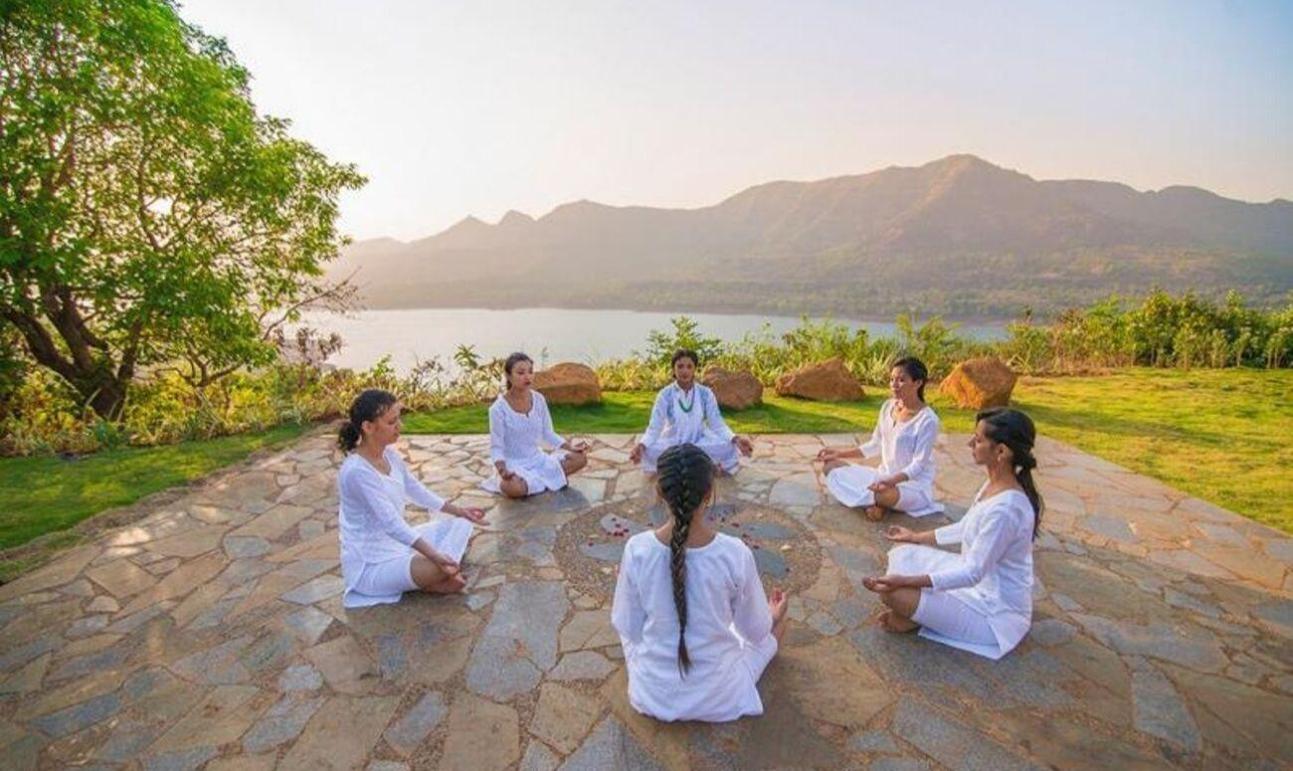Designing for Sustainability: How Can Wellness Retreats Minimize Their Environmental Impact?
Sustainability has become a crucial consideration across various industries, and the wellness industry is no exception. Wellness retreats, which offer immersive experiences focused on health and well-being, have a responsibility to minimize their environmental impact and operate in harmony with nature. This article aims to provide guidance on sustainable design practices that wellness retreats can adopt to reduce their ecological footprint.

Environmental Considerations:
- Energy Consumption: Wellness retreats often require significant energy for lighting, heating, cooling, and other operations. Reducing energy consumption is essential for minimizing carbon emissions and promoting energy efficiency.
- Water Usage: Water is a precious resource, and wellness retreats often consume large amounts of water for various purposes. Implementing water-saving measures is crucial for conserving water and reducing the strain on local water resources.
- Waste Management: Wellness retreats generate various types of waste, including food waste, packaging, and disposable items. Proper waste management practices, such as composting, recycling, and upcycling, are essential for reducing waste and diverting it from landfills.
- Land Use and Biodiversity: The location and design of wellness retreats can have a significant impact on the surrounding environment. Choosing a site with minimal environmental impact and incorporating sustainable landscaping practices are essential for preserving natural habitats and biodiversity.
- Transportation: Transportation to and from wellness retreats can contribute to greenhouse gas emissions. Encouraging guests to use public transportation, carpooling, or electric vehicles, and providing charging stations on-site can help reduce the environmental impact of transportation.
Sustainable Design Strategies:
Energy Efficiency:
- Implement energy-efficient lighting systems, appliances, and HVAC systems to reduce energy consumption.
- Utilize renewable energy sources, such as solar and wind power, to generate clean energy and reduce reliance on fossil fuels.
- Promote energy conservation practices among guests and staff, such as turning off lights when not in use and unplugging electronics.
Water Conservation:
- Install water-efficient fixtures and appliances to reduce water usage.
- Implement rainwater harvesting and greywater recycling systems to capture and reuse water.
- Encourage guests to practice responsible water use, such as taking shorter showers and fixing leaky faucets.
Waste Management:
- Reduce waste generation by composting food waste, recycling materials, and upcycling items whenever possible.
- Collaborate with local waste management companies for proper disposal and recycling of waste.
- Educate guests and staff about waste reduction and responsible waste disposal practices.
Land Use And Biodiversity:
- Choose a site for the wellness retreat with minimal environmental impact, avoiding sensitive ecosystems and protected areas.
- Incorporate sustainable landscaping practices that preserve natural habitats, such as using native plants and avoiding excessive irrigation.
- Plant native and drought-resistant species to minimize water use and maintenance requirements.
Transportation:
- Encourage guests to use public transportation, carpooling, or electric vehicles to reduce the environmental impact of transportation.
- Provide charging stations for electric vehicles on-site to support sustainable transportation options.
- Offer shuttle services to reduce the need for private vehicles and promote carpooling among guests.
Case Studies:
Several wellness retreats worldwide have successfully implemented sustainable design strategies to minimize their environmental impact. These case studies showcase innovative approaches and the positive impact they have made on the environment.
Sustainability is a fundamental aspect of responsible operation in the wellness industry. Wellness retreats have a unique opportunity to lead the way in sustainable design and practices. By adopting the strategies outlined in this article, wellness retreats can minimize their environmental impact, enhance their appeal to eco-conscious consumers, and contribute to a healthier and more sustainable future.

YesNo

Leave a Reply